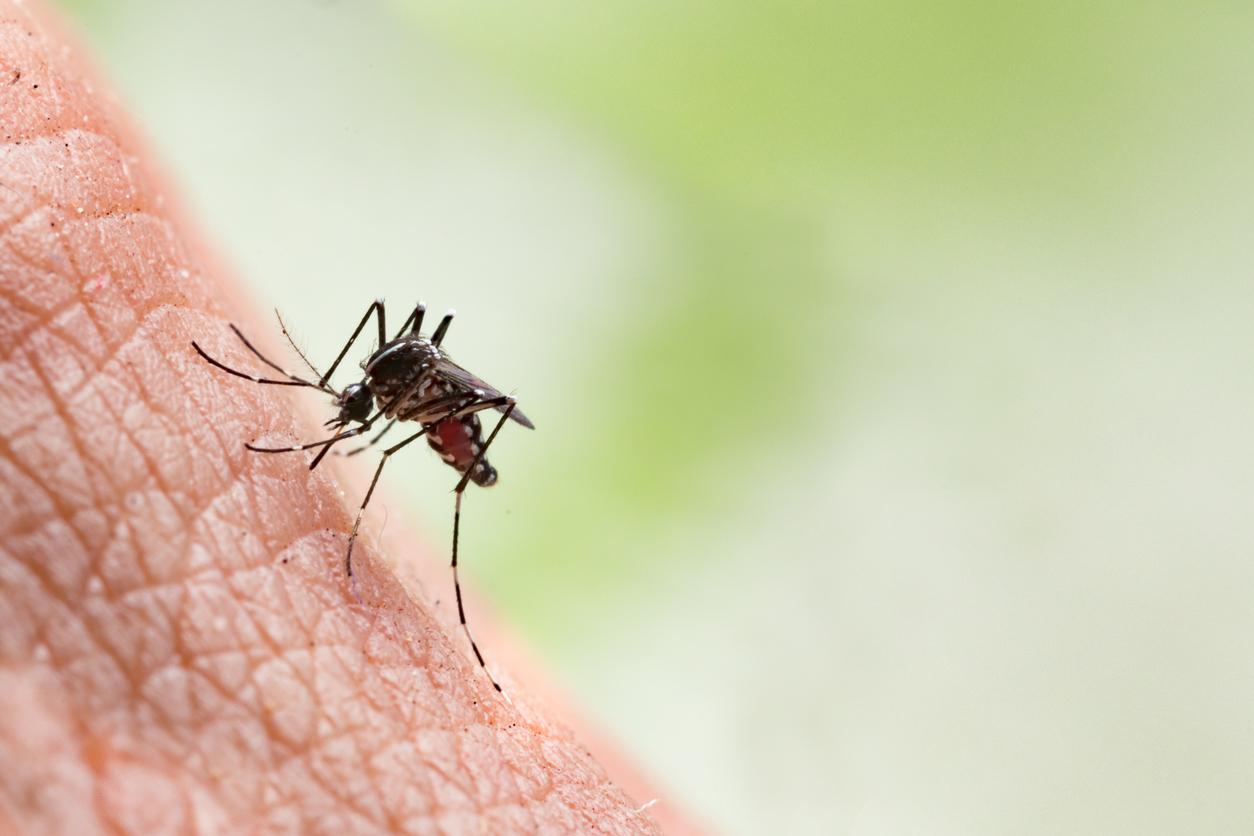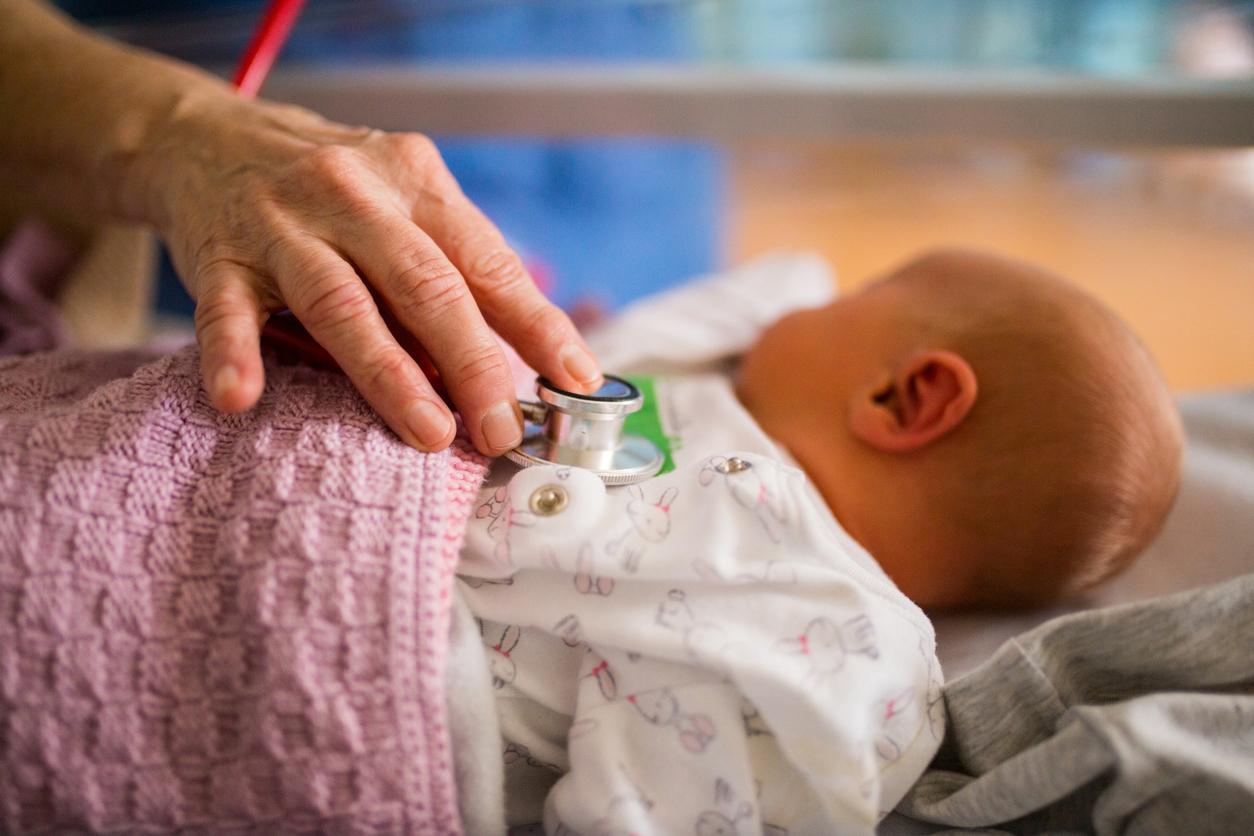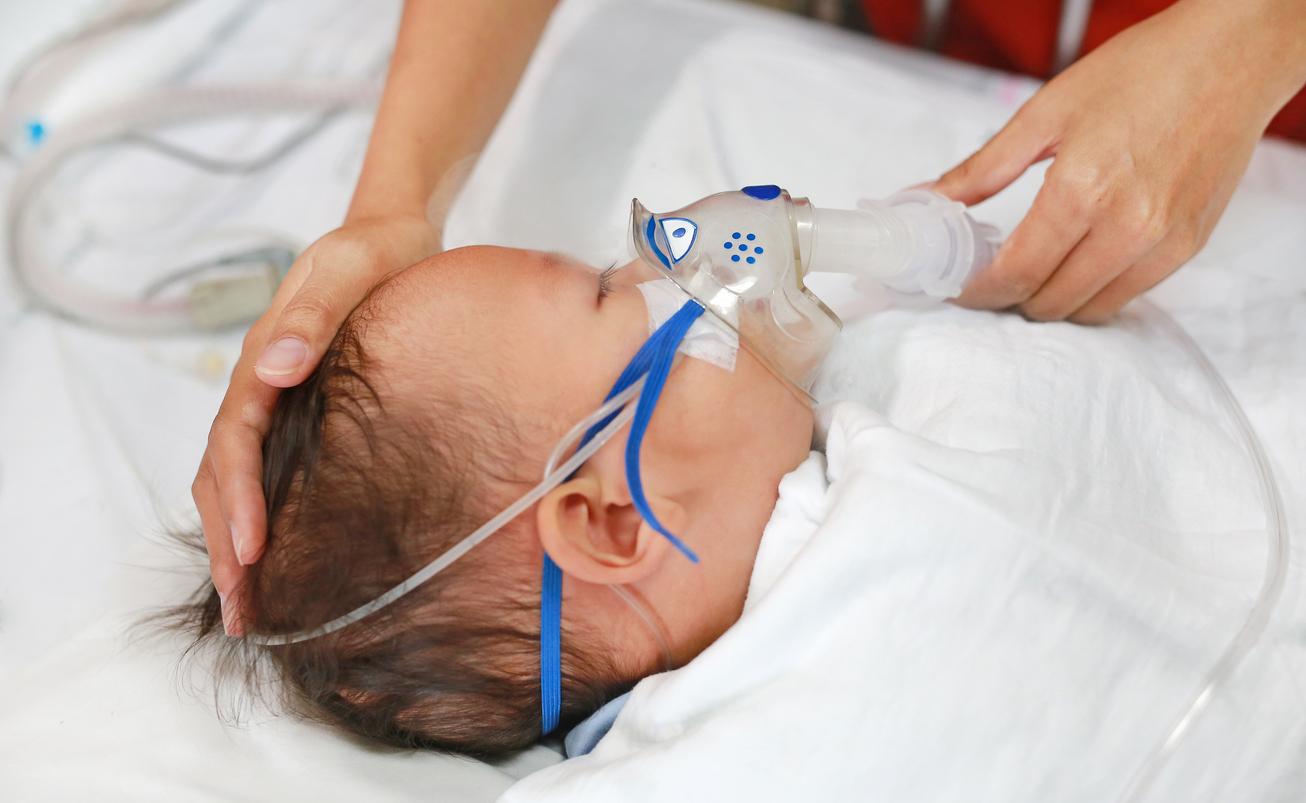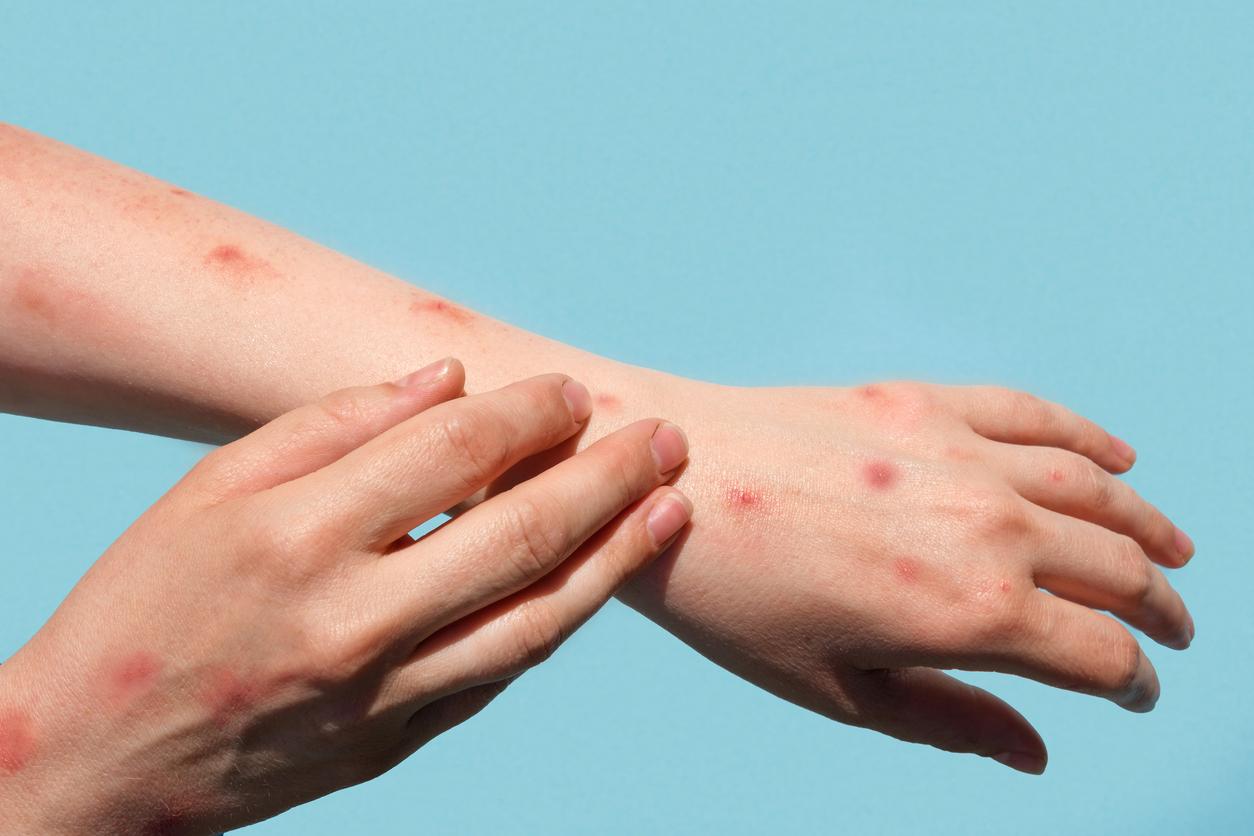The epidemic is not abating. On July 14, the case of a person infected with Ebola virus was recorded for the first time in the metropolis of Goma, the largest city in the Democratic Republic of Congo (DRC) to be affected by this hemorrhagic fever. An appearance that prompted the World Health Organization (WHO) to elevate the disease to the rank of “global health emergency” this Wednesday, July 17, announce theAFP.
The triggering of this procedure is synonymous with a situation “serious, sudden, unusual or unexpected”with health consequences “beyond the national borders of the affected State” which can “demand immediate international action”according to the criteria of the International Health Regulations.
WHO Director General Tedros Adhanom Ghebreyesus calls on the international community to “redouble your efforts”. “We need to work together with the DRC to end this epidemic and build a better health system”, did he declare. The institution’s experts are concerned “about delays in funding” help.
Nearly 1,700 victims over the past year
Since August 1, 2018 and in almost a year, the epidemic has already killed 1,668 people in remote and conflict-affected areas of the Congolese province of North Kivu. The health emergency had been envisaged last June, when the disease had spread to a neighboring country of the DRC, Uganda, with the death of two patients.
But the death of this patient in Goma was an “electroshock” among those involved in the anti-Ebola response. The virus is transmitted by contact with the biological fluids (blood, secretions) of infected humans or animals. The question of the number of contacts that this man may have had from the moment he developed the first symptoms (intense fever and fatigue, diarrhea, vomiting, loss of appetite) is therefore raised. Most of his meetings were vaccinated, assure the health authorities of the country.
Since 2009, this is the fourth time that the WHO has activated its procedure. The current epidemic is the tenth since 1976 in the DRC and the second worst in Ebola history. But unlike previous episodes, this time 163,533 people were immunized, according to figures from the Congolese Ministry of Health. In 2014-2016, the virus killed 11,000 people in West Africa.
Read also :
- Ebola: in the Democratic Republic of Congo, the epidemic “will last a few more months”
- Ebola virus could survive 2 years in human semen


















